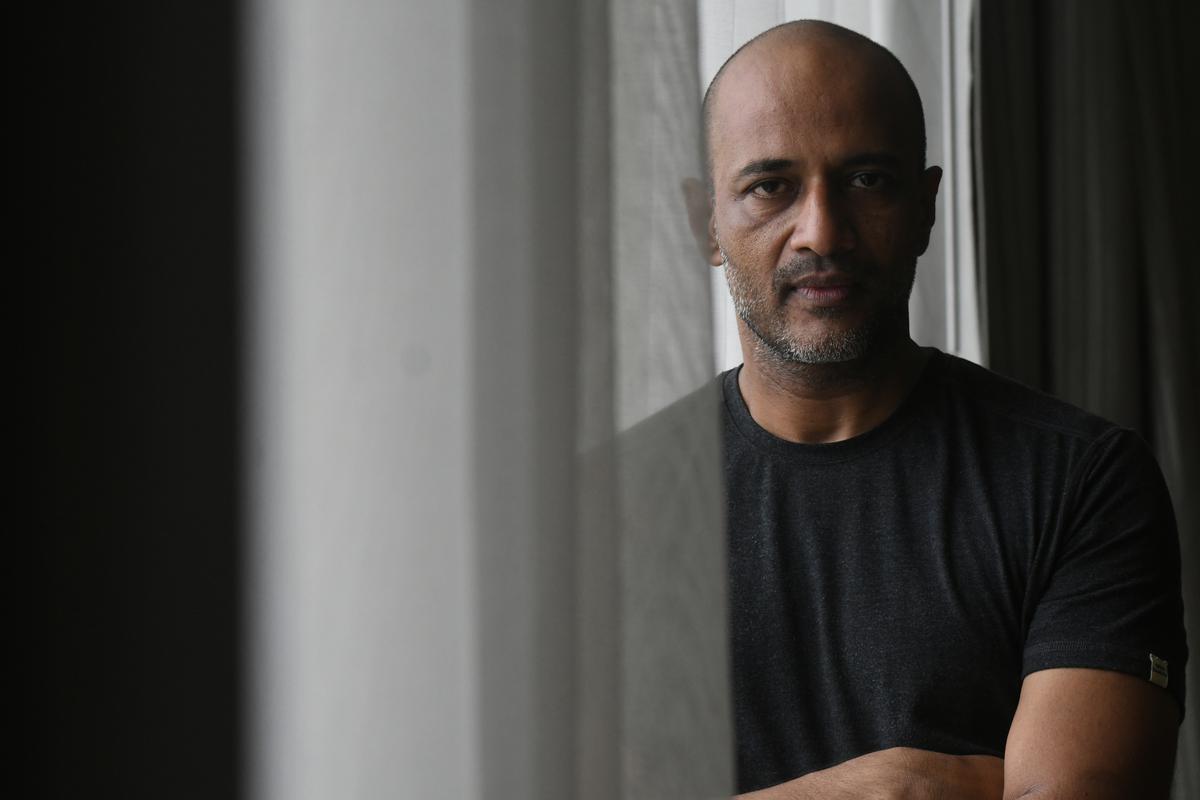
Kannada actor Kishore hopes the success of ‘Kantara’ encourages directors to explore new content and presentation
The Hindu
Kannada actor Kishore hopes the response to ‘Kantara’ will encourage Kannada filmmakers to explore new content in different ways
For an actor who is part of two back-to-back hits — Ponniyin Selvan and Kantara — Kishore is unfazed, unaffected almost. Since he has been working in the film industry for a few years, the hits and the misses, have come to be a part of the deal. “Yes, success helps. It really helps (laughs). But I don’t feel anything special, I feel happy - for the makers and the team.” There have been good films that he hoped would do well at the box office but did not. The alchemy of a number of factors results in huge successes, “that is what is going on in my head!”
While Kishore is one among the many actors in the Mani Ratnam opus Ponniyin Selvan, his take as an upright forest officer, Murali, in Kantara, one of Kannada cinema’s highest-grossing films, is getting him praise. It is a story that resonated with him, because he too lives near a forest, the Bannerghatta Reserve Forest, near Bengaluru. He understands what comes with living in close proximity to one. The rootedness of the story in the local culture was another factor that drew him to the film written and directed by Rishabh Shetty.
Having worked with the team before — Ulidavare Kandanthe and Katha Sangama — he was certain about how the film would turn out. “My character is a forest officer, who wants to uphold the law. He gets into a conflict with a group of people who are living off the forest and eventually it becomes an ego tussle between the two. It becomes something along the lines of Ayyappanum Koshiyum., though I don’t know if we have achieved the maturity of that film.”
How it has turned out and the reception make him happy and Kishore hopes such films would shape the future of Kannada cinema. To the suggestion about Kannada cinema’s resurgence, he responds, “If we can call the success of a couple of films a resurgence, then yes. It is not enough for a film or two to do well. That does not make a difference to the industry, it has to collectively grow.
“Hope this ( Kantara) sets off a trend of exploring new content. I wanted to use the local language in my film Attahasa, based on the life of Veerappan. The makers were not ready as they were apprehensive about acceptance. With Kantara, Rishabh has been able to do that, with the backing of a production house like Hombale, which has the resources and the reach. People will now see the potential and explore such topics.”
He is happy about the ‘good break’ and is optimistic that if they make these kinds of films then Kannada cinema would be in a space like Malayalam cinema. “We have a great literary tradition, like Malayalam cinema. We somehow lost our way but we are finding our way back.”
Every regional language film industry goes or has gone through a not-so-particularly flattering phase, as did Malayalam cinema. “There were attempts to keep making good cinema, in Kannada too such attempts were made by makers such as Girish Karnad and Girish Kasaravalli, which were not mainstream. And as long as you stay away from the mainstream, the films don’t get considered. There was no bridge between commercial and parallel cinema. In Tamil, there were directors such as Mani Ratnam, Balachander and Balu Mahendru. Anyway, we are finally on track…”













